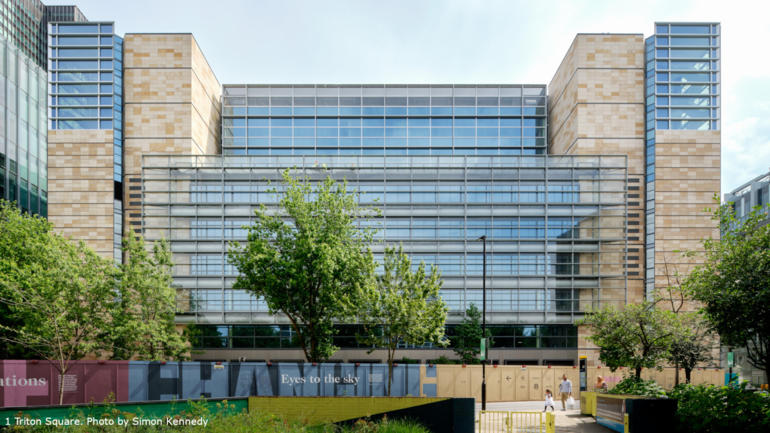Geneva – 14 October 2022: Last week, the World Business Council for Sustainable Development (WBCSD), together with five leading sustainable development organizations, launched the Circular Buildings Coalition (CBC), an initiative to accelerate the transition to a circular economy in the construction and demolition sector. The formation of CBC was announced during a webinar attended by its six founding parties: the World Green Building Council (WGBC), WBCSD, Ellen McArthur Foundation in collaboration with Arup, Metabolic and Circle Economy.
The construction industry consumes roughly half of virgin resources globally and accounts for nearly 40% of the world’s carbon emissions and solid waste streams. Embracing circular practices could help to cut greenhouse gas emissions from building materials and reduce the industry’s impact on nature and biodiversity.
The CBC members have announced that they will focus on three critical roadblocks on the path toward a circular building environment. According to Martijn Lopes Cardozo, CEO of Circle Economy, they are linked to finance, ownership models and market dynamics. Real estate financiers still prioritize short-term gains over long-term goals while developing finance schemes for construction projects. On top of that, one building may have different owners during its life cycle, with often conflicting incentives. For example, the developers may be interested in building at the cheapest cost, while residents are motivated to pay the lowest energy bills.
According to Eva Gladek, CEO at Metabolic, maintaining material complexity and the value of materials in the chain while systemically addressing the issue are key elements in boosting circularity in the construction industry. "The required changes go beyond better waste recycling or reusing materials from buildings; they also imply forging new collaborative models’, Eva Gladek pointed out, adding: ‘We need to create self-replicating solutions such as business models and incentive structures for projects."
Roland Hunziker, Director of Built Environment, WBCSD, commented: "The construction sector needs to see circularity as not a problem but a part of the solution. It helps us achieve a more nature-positive, decarbonized built environment."
By establishing the CBC, the founding organizations seek to estimate the current hurdles in the sector, develop a knowledge base for overcoming them and put insights and recommendations into practice.
"With these three elements, we will not solve the whole problem, but we will show that it can be done", concluded Martijn Lopes Cardozo.
CBC has committed to the following milestones:
- By March 2023, CBC will publish a diagnosis of the current obstacles to large-scale implementation of circular economy principles and will invite all actors within the construction sector to a public event to find solutions
- In 2023, it will provide financial support to initiatives that are working on key solutions that will accelerate the transition to the circular economy in the built environment.
- In 2024, CBC will publish blueprints for solutions that will allow market parties and policymakers to replicate these best practices, allowing for large-scale implementation of circular economy principles.
CBC intends to continuously grow its reach by inviting new members, financially supporting key initiatives, and developing new partnerships. Organizations interested in joining the movement or showcasing their circular solutions are invited to get in touch via this website: https://www.circularbuildingscoalition.org/join-our-movement








